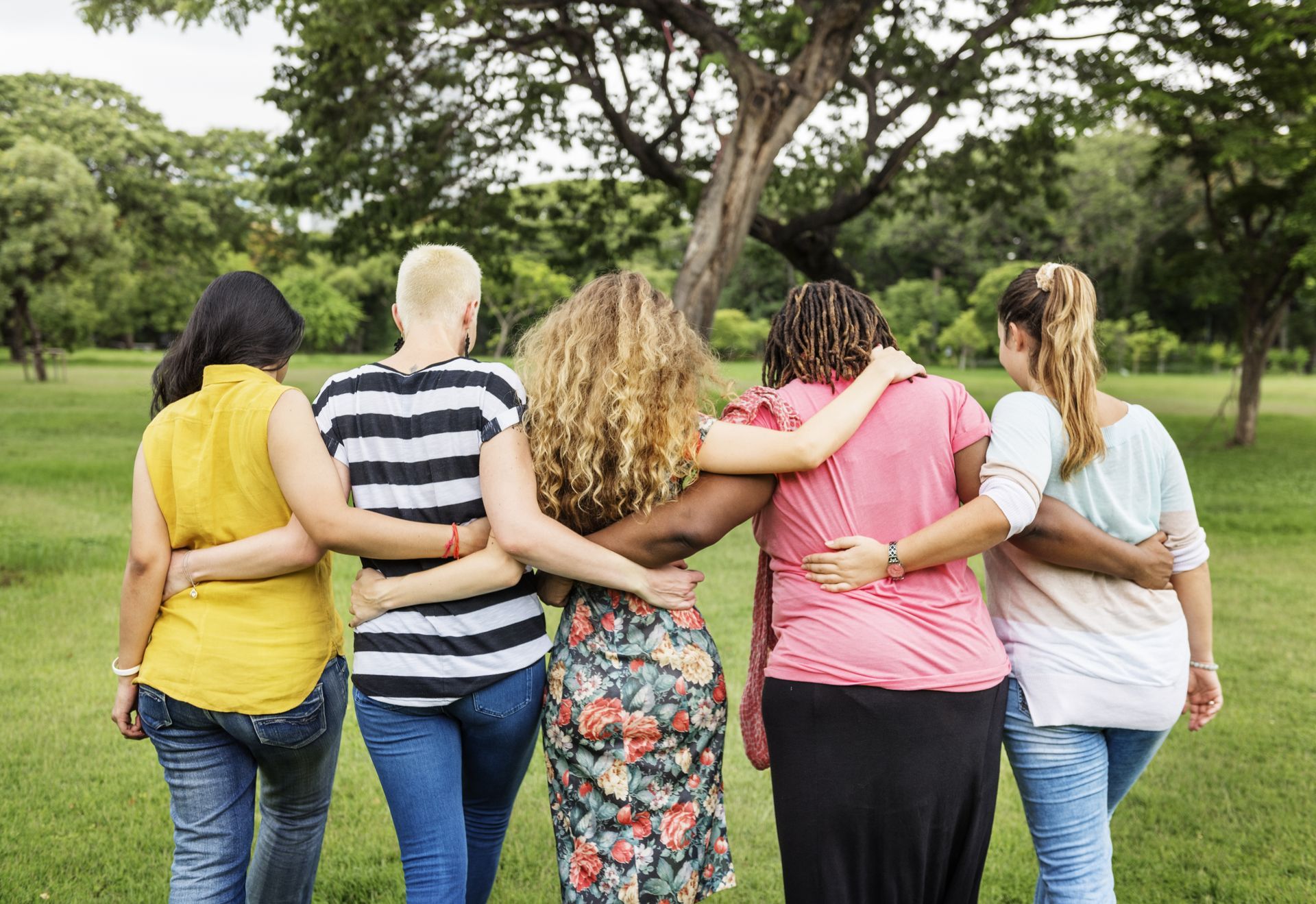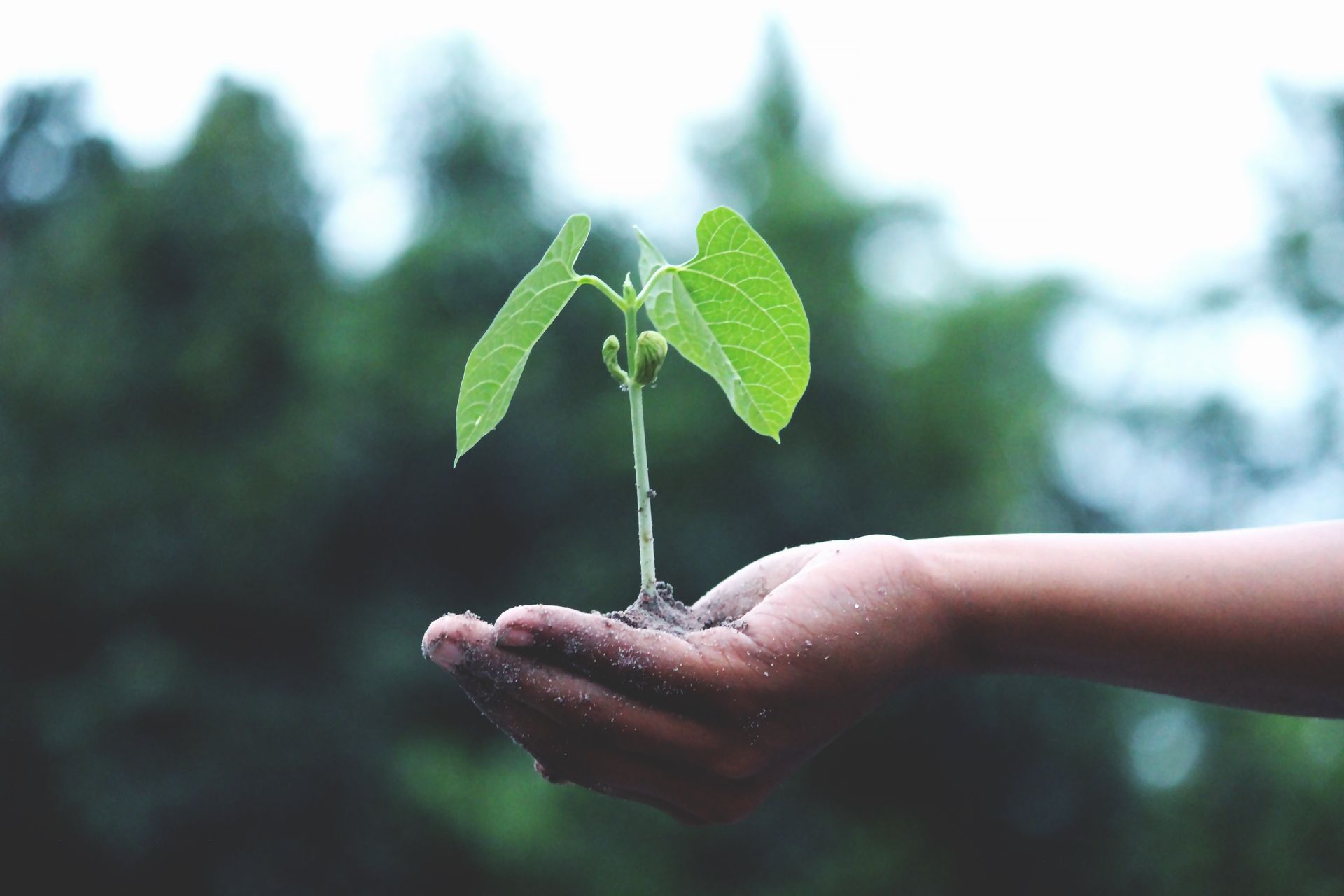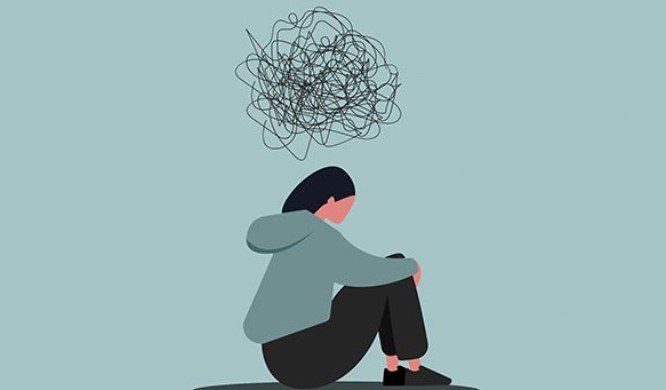Realising the Hidden Power to Achieve your New Years’ Resolutions
If, like myself, your reflections on your new year's resolutions usually result in a sense of guilt and disappointment that these new goals have already started to slip – rest assured, you are not alone.

As the month of January comes to a close, rather than looking forward to the rest of the year to come, I usually find myself looking back as to whether or not I have started the year ‘right’. Have I achieved what I wanted to? Am I making the necessary steps to ensure my ambitions for the year become a reality? Is my new routine going to plan? January’s inner monologue is always so serious!
Ideally, New Years’ Resolutions can be a fun, light-hearted conversation topic; something to share and chat to your friends about over a coffee (or peppermint tea, if one of your resolutions is to cut out caffeine!). However, the reality seems to be that our resolutions have lost their sparkle of optimism and enjoyment and have become a source of pressure, a constant reminder of an inevitable failure. And who needs extra pressure? We have enough on our plates as our work and responsibilities resume in earnest after the end of year break.
These feelings of pressure that are provoked by New Years’ Resolutions explain their decreasing popularity. One study shows how in 2019, 43% of people made at least one resolution. The next year, this figure dramatically dropped to 27% and, in 2022, it dropped further to 23%.
When I consider my own, past New Years’ Resolutions, I find that not only have they reduced in number but in ambition also. I used to handwrite my resolutions – enough to form an extensive list and substantive enough to last the entire year: journal every day, exercise three times a week, write a poem every weekend, get better at saving money, quit social media and stop going on my phone first thing every morning etc.
However, I had only one resolution for 2024: get my eyes tested and buy myself a new pair of glasses. When did my New Years’ Resolutions change from inspired goals to something that could easily be on my weekly to-do list? Why have I clearly stopped believing in New Years’ Resolutions (or, more probably, in my own ability to achieve them)?
Could it be because I focused on the failures and blamed myself? Because I kept my resolutions quiet, not telling others in fear of having to fess up that I failed? Or did I inherently believe that such goals were unrealistic from the beginning? Probably a culmination of all.
Research suggests that up to 80% of resolutions have already been broken by the second week of February and by the end of the year only 8% have been kept.
So, why is it so hard to maintain changes that on the surface we are motivated to make?
Psychiatrist Sandhira Wijayaratne says that successful behaviour change can occur when individuals focus less on the specific failures and more on the incremental successes made within the journey, a strategy of empowerment used by the therapy technique of Motivational Interviewing: ‘Those who achieve their goals often do so by understanding their strengths, recognizing where they need some extra support, and putting in place the things they need to supply that extra backing’.
As Frankie Sykes, leading Motivational Interviewing coach and aneemo trainer, explains “Those who achieve their goals often do so by understanding their strengths and recognising where they need extra support to initiate and maintain changes. Motivational Interviewing can help with this and support people to tune into their intrinsic motivation, self-efficacy and personal drivers. It can also help people develop a discrepancy between where they currently find themselves and where they would like to be, as well as exploring the obstacles to and benefits of changing.
"Experiencing ambivalence about changes we are contemplating is a natural part of the process we go through enroute to their successful implementation. We can maximise our chances of successful implementation by engaging in a thorough exploration of our motivation to makes those changes. For example,
- We can ask ourselves how much we want and need the changes and rate both on a scale of one to ten, noting how different a want feels from a need and which has the most juice in it.
- We can ask ourselves how important the changes are to us and what reasons we have for making them, and
- We can ask ourselves how confident we fell about making and maintaining them. A low score in any of these areas should trigger the question “in order to make that a higher number, what needs to happen first? "
The M.I. approach encourages us to do the preparatory work that builds the foundations for changes and resolves the ambivalence we feel about making them. M.I. has been shown to be particularly effective with people struggling with substance use issues but is applicable to helping people in any situation where a significant choice is being contemplated. Frankie has developed a new CPD accredited aneemo course that introduces learners to “Motivational Interviewing” (M.I.), and supports them to develop an approach that helps people make decisions and effect and maintain positive changes in their lives.
As Frankie outlines “this course would be valuable for anyone working in the voluntary, health or social care sectors. It covers a range of vital M.I. techniques that have been developed to assist those suffering with entrenched problems and compulsive habits and support them in resolving the ambivalence and hesitancy they experience to address 'stuckness' and take their life in a new direction."
Motivational Interviewing is an empowering process that places collaboration as more important than confrontation, evokes our own internal motivations rather than having them pressed upon us by others, and for me allows a personal strength in my own autonomy which ultimately inspires me to maintain my resolutions and believe they are achievable.
If, like myself, you also feel inspired to learn more about Motivational Interviewing and its practical applications in aiding you to not only support those you work with but reach your own goals, you can find out more information at aneemo with their new Motivational Interviewing training course taught by MINT accredited trainer Frankie Sykes, or check out this video on YouTube for a sneak preview - What is Motivational Interviewing?
Visit the Course page for more information, and sign up today!
Motivational Interviewing | aneemo
Over four modules, we will guide you through the M.I. approach from beginning to end. First, you’ll learn about the foundations of Motivational Interviewing, what the approach considers motivation to be, the Spirit of M.I., Active Listening Skills and the principles and processes. With plenty of tools, worksheets, video tutorials and downloadable resources to develop your skills.
Useful links
NHS
Drug addiction: getting help - NHS (www.nhs.uk)
Samaritans
24/7 helpline for a safe place to talk any time
Tel: 116 123
jo@samaritans.org
www.samaritans.org
Adfam
Adfam believes that families living close to a dependent drug/alcohol user need and deserve support in their own right.
Visit their website for more information:
https://adfam.org.uk/
For more information on any advice, staff training or support aneemo can offer please contact us:
contact@aneemo.com
#aneemo
#motivationalinterviewing
#newyearsresolutions
#behaviourchange
#staffsupport
#stafftraining











